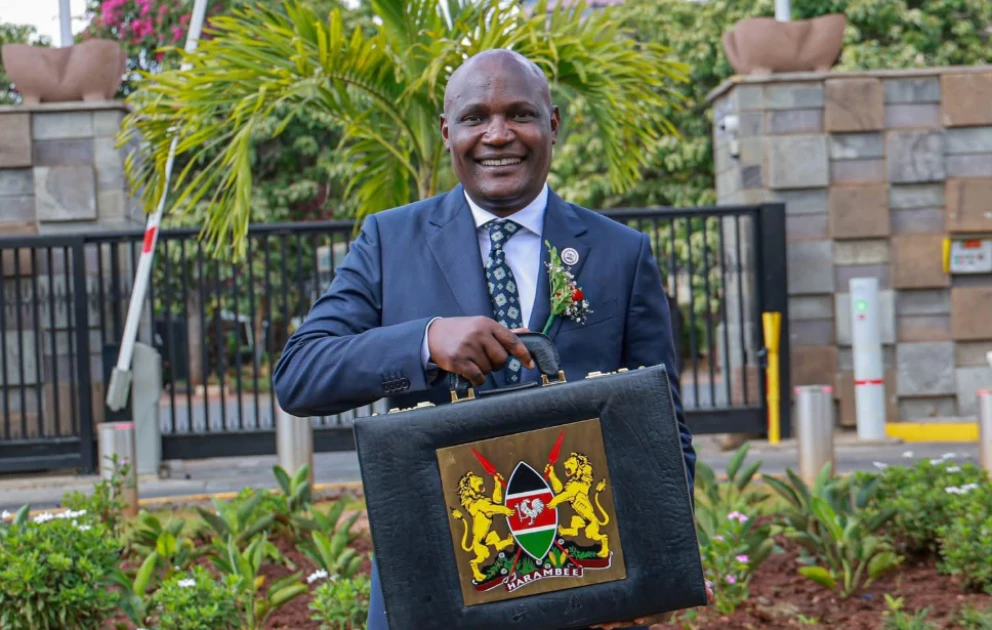Experts detect fiscal strain in health, education sectors under new budget

Treasury CS John Mbadi at Parliament buidlings ahead of budget 2025/26 reading on June 12, 2025. PHOTO | COURTESY

Audio By Vocalize
Speaking to Citizen TV on Monday, the experts raised concerns over the limited funding of heavily devolved sectors, including healthcare and education.
Senior Program Officer at Bajeti Hub Abraham Ochieng’ said that the Ksh.138 billion allocated to healthcare and Ksh.702 billion to education cannot effectively sustain the sectors and will only end up in poor administration of services.
He added that the budget deficit of nearly Ksh.900 billion will only raise the borrowing cap, forcing the crippling of government services.
"Increasing the budget deficit will lead to more borrowing and debt repayment. Consequently, fewer funds will be available for other government services," he said.
Echoing his sentiments, Gynaecologist Dr. Nelly Bosire said that the limited allocation to healthcare is ill-informed, arguing that the sector has been dogged by the withdrawal of financial aid from the USA and needs deeper funding from the Treasury.
"It's been alot of clawback in the health sector over the last four years but I don't think we've been hit hard by a budget as hard as this one, particularly we are coming from a space where we are grossly disadvantaged," she noted.
"Key target areas are where we need money the most. We are talking about the HIV, TB/Malaria programmes, knowing that vaccines are next in line. To address these shortfalls, we shouldn't reduce budget allocation further."
Chief Economist Ken Gichinga noted that funding critical sectors will be an uphill task due to the looming dilemma of meeting the budget deficit in an ailing economy, calling for the revision of the budget statement.
"We are seeing a bigger budget deficit which means more borrowing, the government is coming into the debt market, less money is available for the private sector, less jobs are created," he noted.
"In the Kenyan economy, human capital is our greatest asset unlike other African countries who have gold and other minerals. So the ability to have healthy and knowledgeable Kenyans is what makes us competitive."
From the Ksh.4.2 trillion budget, Treasury projects to collect Ksh.2.7 trillion in revenue collection, equivalent to 64 per cent of the funding required, and collect Ksh.560 billion in government levies and fees, in the form of Appropriations-in-Aid.
That will push the total revenue to Ksh.3.3 trillion, leaving a budget gap of nearly Ksh.900 billion.
Kenya is also expecting grants of Ksh.46.9 billion which will see the National Treasury facing a budget deficit of about Ksh.876 billion to be financed through borrowing.


Leave a Comment